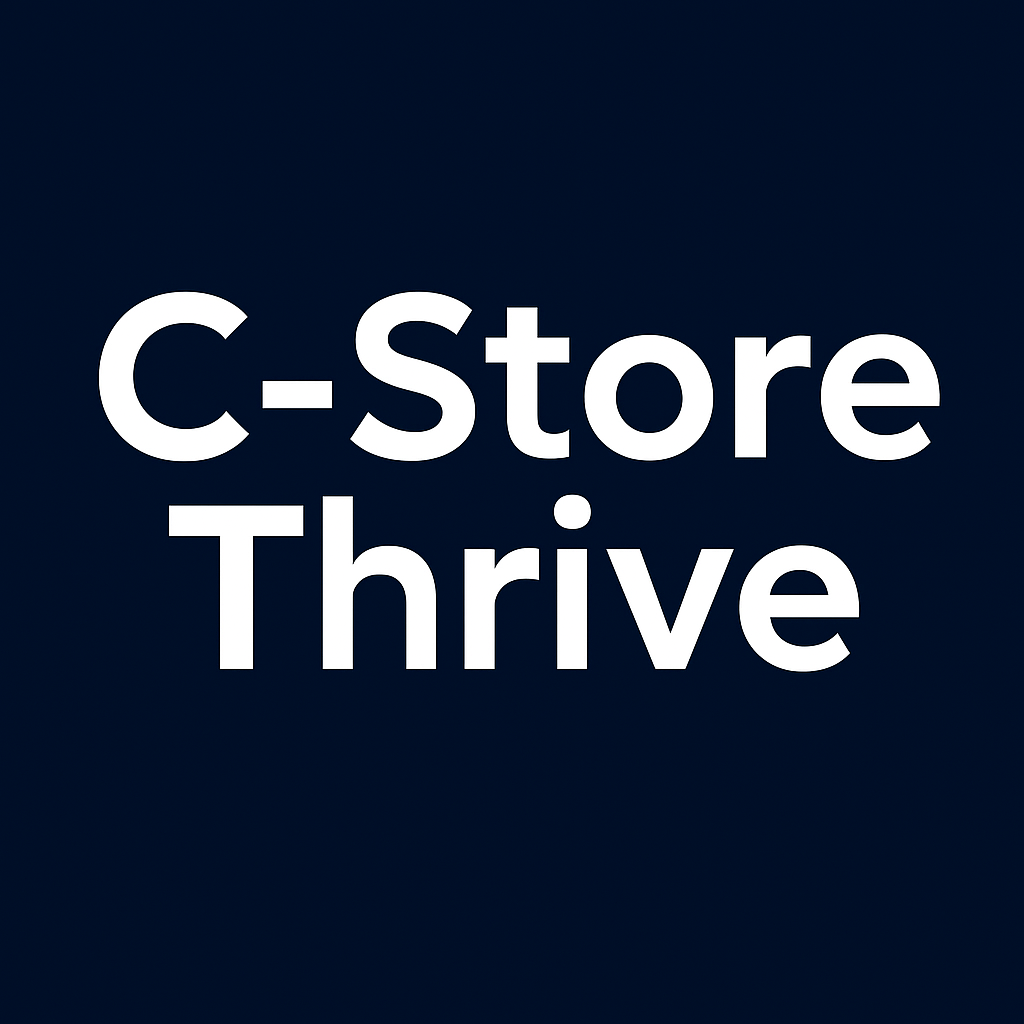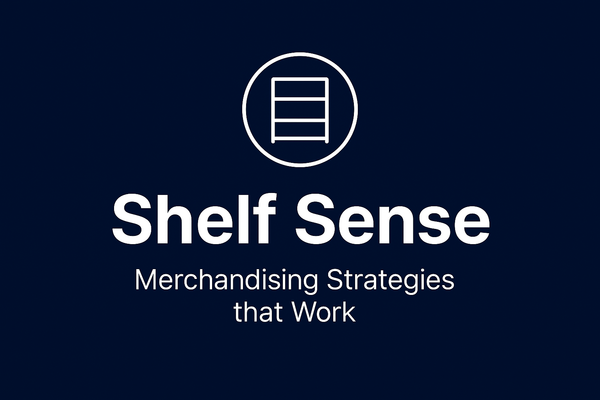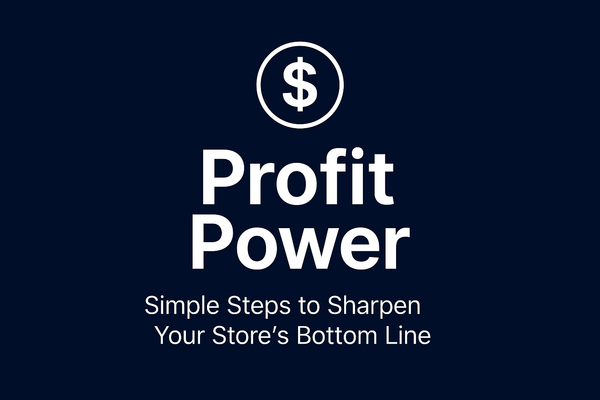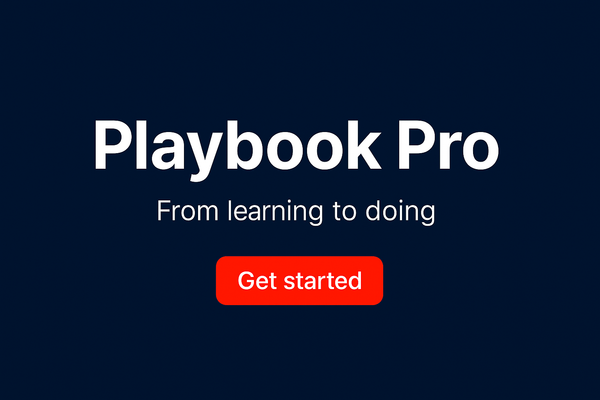Screen First, Regret Never: Effective Screening Techniques for Entry-Level Convenience Store Employees
Every bad hire costs thousands and hurts morale. Learn how to build a five-stage screening funnel that filters out poor fits, protects your profit, and creates reliable teams you can trust—because good hiring starts before day one.
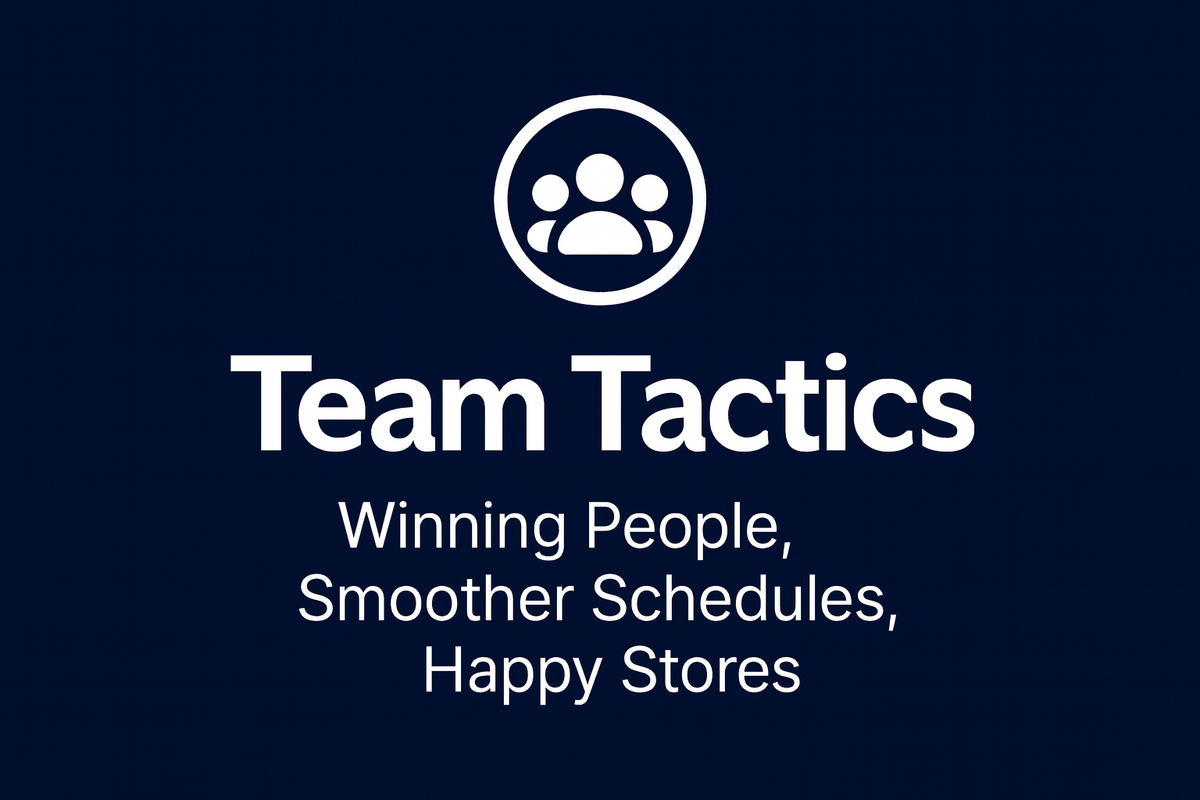
Stores that implement structured screening processes reduce first-year turnover by 40-50% and cut terminations for cause by 60%, according to retail HR research from the Society for Human Resource Management and National Retail Federation. Yet most convenience store operators still rely on gut-feel interviews and resume reviews rather than validated screening techniques that predict on-the-job performance.
The cost of weak screening compounds quickly. Bad hires consume training resources for two to three weeks, then quit, steal, or perform so poorly they must be terminated. Industry data shows each failed entry-level hire costs $3,500-$5,000 in direct expenses (advertising, interviewing time, training hours, uniform costs) plus indirect costs (customer service failures, team morale damage, overtime covering vacant shifts). When hiring lacks structure, these failures repeat until operators accept high turnover as inevitable rather than fixable.
What Effective Screening Actually Means
Screening is not a single interview followed by a reference call. True screening is a multi-stage filtering system that progressively eliminates poor fits while investing progressively more time in strong candidates. Each stage tests different predictors of job success: basic qualifications, communication ability, past behavioral patterns, technical skills, and verified work history.
Effective screening accomplishes five strategic objectives simultaneously. It protects against poor hires by identifying red flags before employment begins. It reduces training investment risk by confirming candidates possess baseline skills and availability. It improves team cohesion by ensuring new hires match cultural expectations. It creates legal documentation defending hiring decisions against discrimination claims. And it signals professionalism to top candidates who respect thorough processes.
Weak screening, by contrast, wastes everyone's time. Operators invest three weeks training someone who quits because weekend work "wasn't mentioned clearly." Or they discover cash handling issues only after a register comes up short. Or they face theft charges from someone with prior theft convictions they never checked. These failures aren't bad luck. They are screening failures.
The Five-Stage Screening Funnel
Elite c-store operators treat hiring as a funnel, not a gate. Each stage filters progressively, moving only qualified candidates forward while investing minimal time in poor fits.
Stage 1: Application Filter
Applications should disqualify unqualified candidates before any human review. Require complete information: full employment history for past three years, reason for leaving each position, schedule availability (specific days and times), reliable transportation confirmation, and authorization for background checks.
Incomplete applications signal lack of attention to detail or inability to follow instructions. Both predict poor job performance. Include knockout questions that eliminate obvious mismatches: "This position requires weekend availability. Can you work Saturdays and Sundays?" If the answer is no, and weekends are non-negotiable, end the process immediately.
Stage 2: Phone Screen (5-10 Minutes)
Phone screens assess communication clarity, enthusiasm level, and basic fit before investing interview time. Call candidates who pass the application filter. Listen for professional phone manner, coherent responses, and genuine interest in the position.
Red flags include unprofessional voicemail greetings ("Yo, it's me, leave a message"), inability to articulate why they applied beyond "I need a job," or immediate pushback on schedule requirements clearly stated in the posting. Strong candidates answer promptly, speak clearly, ask intelligent questions about the role, and confirm their availability matches your needs.
Stage 3: Behavioral Interview (30-45 Minutes)
Behavioral interviews use structured questions targeting past behavior as the best predictor of future performance. The framework: "Tell me about a time when..." forces candidates to describe actual experiences, not hypothetical responses.
Key behavioral questions for c-store roles:
- "Tell me about a time when you dealt with an angry or difficult customer. What happened and how did you handle it?"
- "Describe a situation where you were responsible for handling money and noticed a discrepancy. What did you do?"
- "Tell me about a time when a coworker didn't show up for their shift. How did you respond?"
- "Give me an example of when you made a mistake at work. How did you handle it?"
Listen for specifics. Vague answers ("I would try to calm them down") suggest fabrication. Detailed stories ("The customer was upset about expired milk. I apologized, offered a replacement and a discount on their next purchase, and reported it to my manager so we could check other stock") reveal actual experience and judgment.
Stage 4: Skills Assessment (15-20 Minutes)
Observing performance beats asking about abilities. Test cash handling by providing a drawer with mixed bills and coins, then asking candidates to make change for various transactions. Give wrong amounts intentionally to see if they catch errors. Test customer service through role-play scenarios: an angry customer, a suspected shoplifter, a customer asking for cigarettes without ID.
Assess technology comfort by showing your POS system and asking them to walk through a basic transaction. Even candidates unfamiliar with your specific system reveal comfort with technology generally. Those who panic at screens will struggle with modern c-store operations.
Stage 5: Reference & Background Verification
References exist to verify claims, not to hear scripted praise. Call previous employers asking specific questions:
- "What were their attendance patterns? How many unexcused absences in their last six months?"
- "Did you ever have concerns about their cash handling or inventory responsibility?"
- "Would you rehire them if a position became available?"
That final question reveals truth. Former employers who say "no" or hesitate are signaling problems they're reluctant to state directly due to legal concerns.
Background checks verify criminal history. For c-store roles, focus on theft convictions, violence charges, and patterns of arrests. A single youthful mistake differs from multiple theft-related offenses. Check references and backgrounds only for candidates you're seriously considering to control costs.
Extreme Ownership in Hiring
Jocko Willink teaches: "Leaders own every outcome. No excuses." This principle applies directly to hiring.
Just as Willink teaches that leaders must own mission failure regardless of external factors, convenience store operators must own every bad hire. When a new employee steals, no-shows, or quits after one week, the response cannot be "they fooled me" or "people these days don't want to work." The leader owns the screening process. The leader owns the questions asked. The leader owns the decision to hire despite red flags.
Extreme ownership in hiring means accepting that every bad hire resulted from a screening failure, not bad luck. When you own the outcome, you fix the process.
Did they steal? You failed to check criminal background or call references properly. Did they no-show repeatedly? You failed to identify reliability red flags during behavioral interviews (multiple short-term jobs, vague reasons for leaving). Did they quit because they "didn't know weekends were required?" You failed to confirm schedule fit clearly during phone screens.
This mirrors The Office Prodigy's process excellence philosophy: repeatable, documented screening eliminates variability and builds predictable hiring results. When every interviewer asks the same questions, uses the same scoring rubric, and applies the same standards, outcomes improve systematically. When screening varies by mood, intuition, or desperation ("we need someone NOW"), results stay random.
The Compounding Benefits of Ownership-Driven Screening
Lower Turnover
Better person-job fit identification before hiring reduces voluntary turnover. Candidates who understand the job, accept the schedule, and possess required skills stay longer. Industry data shows structured screening reduces first-year turnover from 65-70% to 35-40%.
Reduced Theft and Misconduct
Background checks catch prior theft convictions. Behavioral interviews reveal past integrity issues through questions about handling money discrepancies or temptation situations. Reference calls identify reliability problems. These filters eliminate high-risk candidates before they access cash drawers.
Faster Productivity
Hires who match both skill requirements and cultural expectations reach full productivity faster. They require less corrective coaching and integrate smoothly with existing teams. Training investment pays returns instead of being wasted on quick departures.
Stronger Legal Defense
Documented, consistent hiring processes defend against discrimination claims. When every candidate answers the same questions, receives the same skills assessment, and meets the same criteria, bias becomes provable only through actual differences in qualifications, not screening process.
Improved Team Morale
Existing employees notice when new hires meet performance standards from day one. They stop covering for incompetent teammates or training replacements every six weeks. Team cohesion strengthens when screening delivers quality consistently.
Implementation Strategies for Immediate Impact
Create Structured Interview Guides
Build standard question sets with scoring rubrics. Document 8-10 behavioral questions covering key competencies: customer service, cash handling, reliability, conflict resolution, and teamwork. Create 5-point scoring scales for each question (1 = unacceptable, 3 = meets expectations, 5 = exceeds expectations). All candidates answer the same questions, evaluated against the same criteria.
Design Skills Assessment Scenarios
Develop three role-play scenarios every candidate completes:
- Angry Customer: "A customer claims they were overcharged for fuel. They're yelling and threatening to call corporate. What do you do?"
- Cash Drawer Short: "You're counting your drawer at end of shift and discover you're $20 short. What's your process?"
- Coworker Absence: "Your coworker calls out sick 30 minutes before their shift starts. You're the only one here. What do you do?"
Score responses on communication tone, problem-solving approach, and alignment with company policies.
Implement Red Flag Checklists
Document disqualifying factors and apply consistently:
- Three or more jobs in past 12 months (instability pattern)
- Termination for theft, violence, or policy violations
- Unable to work any weekends (for roles requiring weekend coverage)
- Conviction for retail theft within past five years
- Failed to provide references or references unreachable
Candidates triggering two or more red flags require documented justification from hiring manager before proceeding.
Train All Interviewers
Ensure everyone conducting interviews follows the same process. Provide training covering:
- Legal vs. illegal questions (no questions about age, religion, family status, disabilities)
- Consistent application of rubrics and scoring
- Documentation requirements for legal defense
- Red flag recognition and escalation procedures
Poor training creates legal liability and inconsistent results. Invest two hours training each interviewer before they conduct their first interview.
Use Scoring Matrices
Rate candidates numerically across key dimensions:
- Reliability indicators (employment history stability, attendance patterns, reference feedback): 1-10 points
- Customer service aptitude (behavioral responses, communication clarity, role-play performance): 1-10 points
- Cash handling skills (math accuracy, integrity in scenarios, reference verification): 1-10 points
- Schedule fit (availability matches needs, transportation reliability, flexibility): 1-10 points
Candidates scoring 32+ out of 40 advance to offer stage. Scores 25-31 warrant caution. Below 25, reject regardless of desperation to fill the role.
Conduct Group Interviews
For high-volume hiring, assess multiple candidates simultaneously. Invite 5-8 candidates to a group session. Observe how they interact, who demonstrates leadership naturally, who asks questions, who stays engaged. Give a group task (plan a promotion for the store, create a customer service improvement idea) and watch collaboration unfold. This reveals teamwork, initiative, and communication under observation more honestly than one-on-one interviews.
Building Long-Term Screening Excellence
Independent operators who systematize employee screening gain competitive advantages that compound over time. Lower turnover costs free capital for wages and training. Stronger teams deliver better customer service, driving revenue growth. Reduced risk exposure (theft, violence, discrimination claims) protects profitability and reputation.
Ownership means accepting that hiring outcomes reflect screening quality, not applicant pool randomness. Operators who embrace this principle don't blame "bad hires" on bad luck. They examine their process, identify gaps, and continuously improve their screening discipline.
Every bad hire teaches a lesson about process failure. The employee who stole exposes incomplete background checks. The one who quit after a week reveals inadequate schedule fit confirmation. The one terminated for poor performance shows behavioral interview questions need refinement.
Leaders own every outcome. No excuses. Every bad hire is a screening failure. Every screening failure is an improvement opportunity.
When you own hiring outcomes, you build hiring systems. When you build hiring systems, you build reliable teams. And reliable teams build thriving stores.
This article is part of the weekly "Team Tactics" series from C-Store Thrive.
Found this analysis helpful? Share C-Store Thrive with fellow convenience store owners who want to build reliable teams through systematic screening that identifies the right people before the first shift, not after the first mistake.
